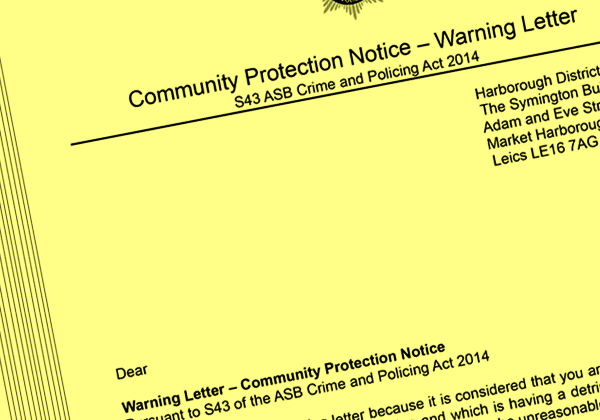Against the abortion clinic PSPOs
Ealing and Portsmouth councils are planning to use Public Spaces Protection Orders (PSPOs) to ban anti-abortion protests outside abortion clinics. Ealing has approved the plan, and will start consulting at the end of January. It certainly appears that some of these protesters are guilty of harassment, with acts including blocking people’s paths, trespassing on clinic property, filming women entering the clinic, and displaying offensive imagery. However, this does not mean that PSPOs should be used to create ‘buffer zones’, which would criminalise protests or gatherings per se within a certain distance of the clinic. The proposed PSPOs would create a sort of ‘no-protest…

